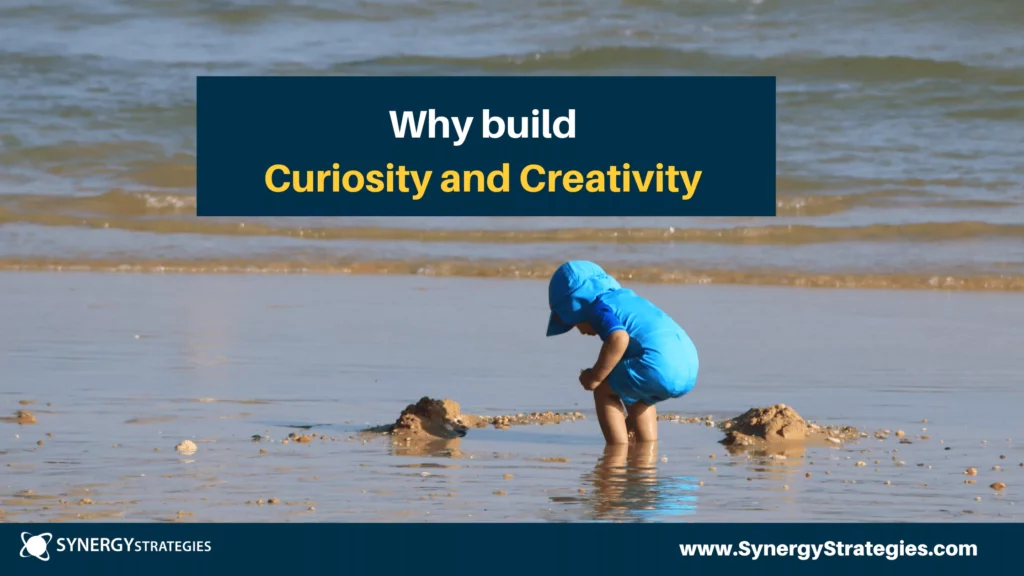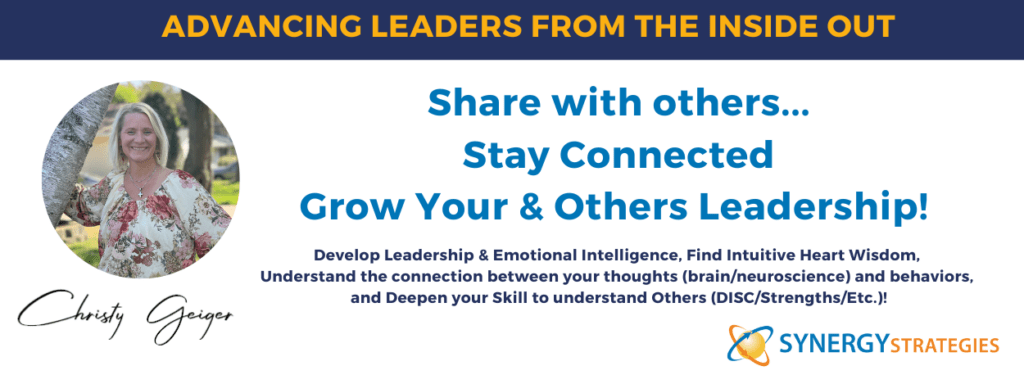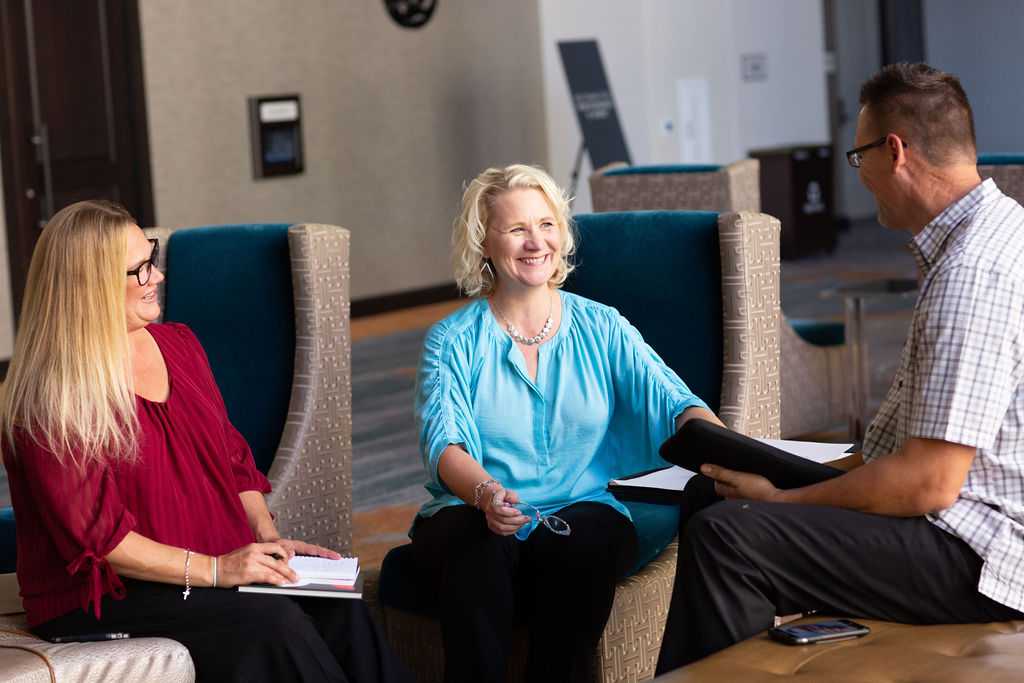Recently I was listening to a Blinkist book summary of The Human Edge by Greg Orme. The subtitle is: How Curiosity and Creativity are Your Superpowers in the Digital Economy.
Overall great book ideas. I wanted to share a few takeaways to inspire and encourage. As we think about Business Development and the soft skills needed for work and life, this book nails several.
First, it starts with WHY this sage skill of curiosity and creativity is needed (which I 100% agree is a needed skill for leaders now and in the future). He says due to the speed of work that is further accelerated with AI (Artificial Intelligence), there are some human skills AI will cover, making some human work replaceable.
Some worry about this, however a productive way to look at this is what skills does AI not replace and what human skills will be needed to complement AI and the quick pace of work? There is some uniquely human traits AI does not replicate. AI works on the goals humans set while humans bring creativity, curiosity, collaboration, and consciousness.
Therefore, the human skill and superpower is creativity, curiosity, collaboration, and consciousness are four areas to develop both in leadership and work/life in general.
To be creative it is necessary to have curiosity which is what fuels divergent thinking. This is something AI really cannot do.
Our education system tends to focus on logical thinking and historically has redirected creative and divergent thinking (seen as veering off topic or being distracting or rebellious).
In this way, our education system has an opportunity to discover more ways to advance strong creative thinking, maybe like the Montessori schools. (If you are feeling offended, there was a study on kids in traditional and as they grew their creativity reduced!! There is obvious benefit to both types of learning styles, point is to increase creative thinking skills.)
The key is to be intentional to encourage and rebuild your creative mind.
FIVE TIPS TO BUILD CURIOSITY:
- LEARN
To grow your curiosity, learn new and different things. Turn wonder into questions and curiosity … be inquisitive.
- Spend one hour a day learning. Learn a wide range, master a few areas. Many great leaders are students of several modalities at one time.
- Ask good questions that are open-ended. Explore possibility vs asking things to confirm what you know. Ask “how might we ______ and why… why… why…”
- It is important to keep asking even after you think you know as the “right answers” are usually beyond the initial thoughts and answers
- BE ATTENTIVE
Pay attention to things and don’t live on autopilot. Positive odds favor the preparedness over chance; stop and notice the unexpected. To do this, get away to reflect and think, and like encouraged above, get exposed to different thoughts and ideas.
- SLEEP
Allow time for deep sleep; permit naps if needed. Sleep refuels the mind and give clarity.
- TIME
Be conscious of how you use your time. The average phone time for people is 24hr in a week. Create more uninterrupted time, guarded against intrusions, to focus. Take 30 minutes in AM and 30 minutes in PM to focus (my favorite is using this for Brian Tracy’s concept of FROG TIME). Create time and space for thinking (things to include would be quiet place, reflective music, eliminating distractions, practicing mindfulness in this focus routine).
- COLLABORATION
Know when to team up and when to work alone. Ideas are better when developed with others.
Einstein and others had networks of collaborators/societies to help fuel their thoughts, to find information and connections that would not have made from him initial sphere. Collaboration helps to see perspectives, gain new insights, and fuel new thinking.
Often chance encounters and talking to new people create the best insights. It isn’t about collaborating on everything but knowing what perspectives and information you are looking for and seeking out collaboration.
The mindset to find the 4c (creativity, curiosity, collaboration, and consciousness) requires being intentional and purposeful about making time for the things build these skills and attributes.
Generally, people are not disappointed in what they get from taking the time, only sometimes regret for not taking the time. These skills are important and will serve you today and in the future.
Which of the five tips would be a good place to carve out more time?






